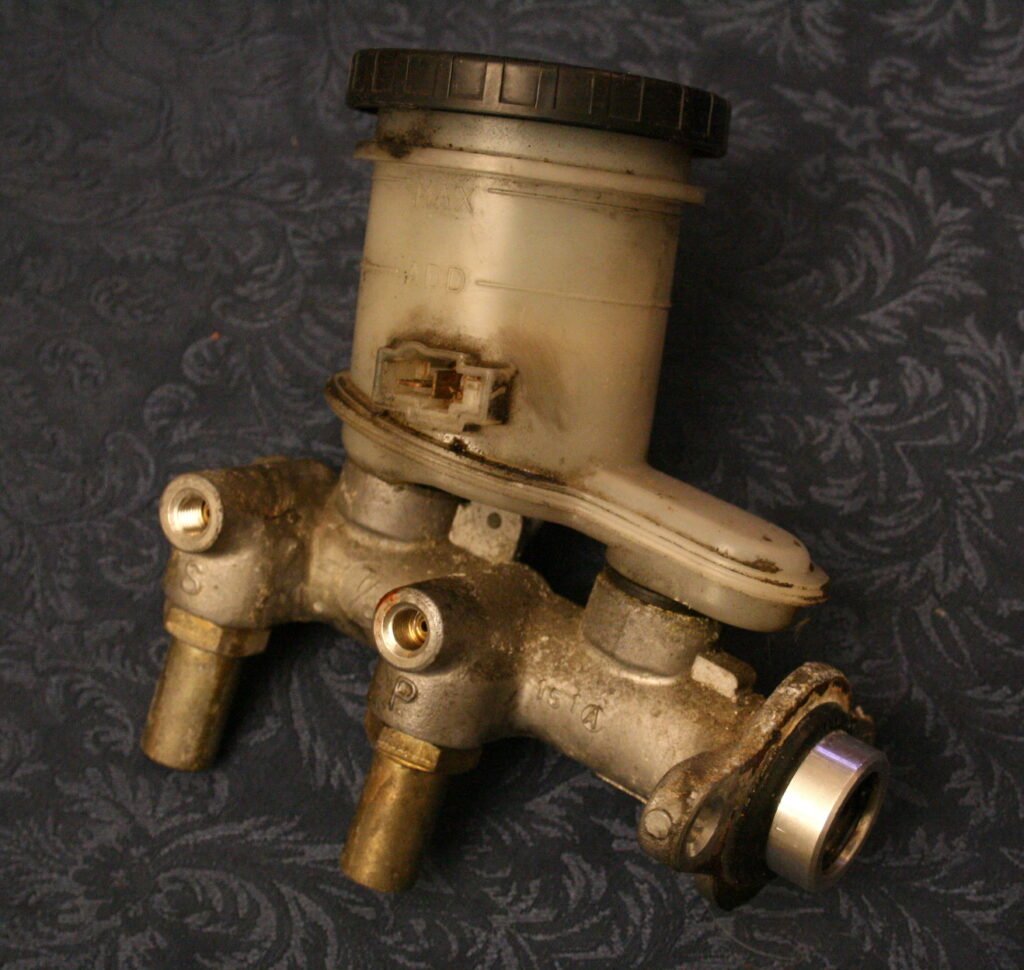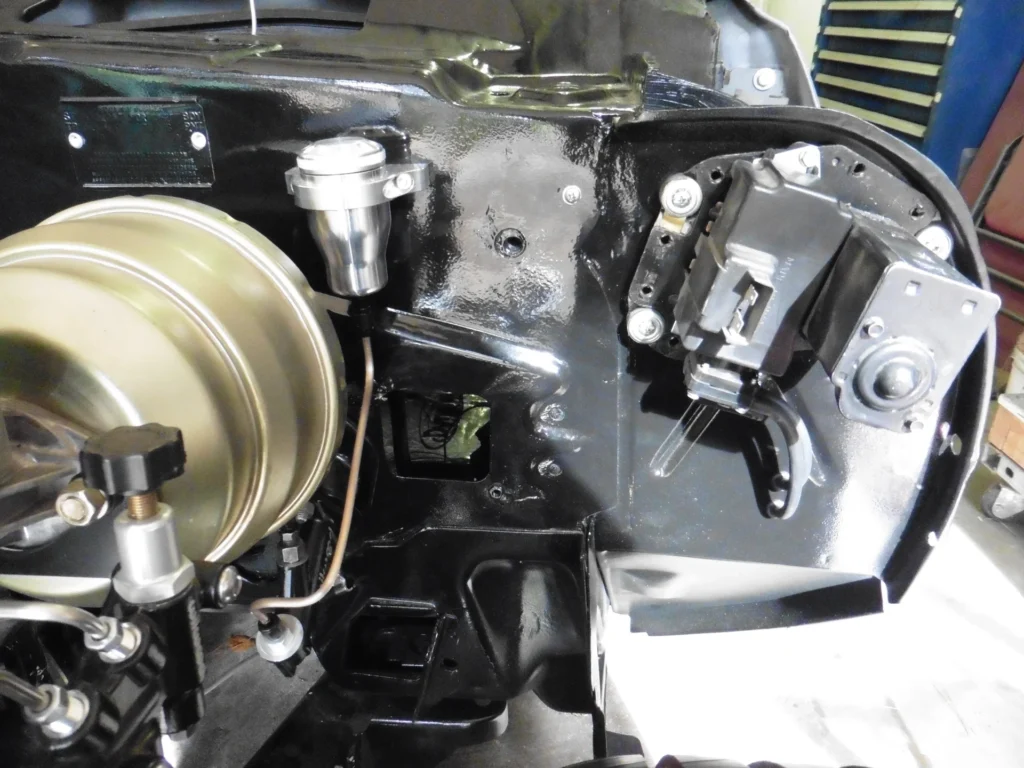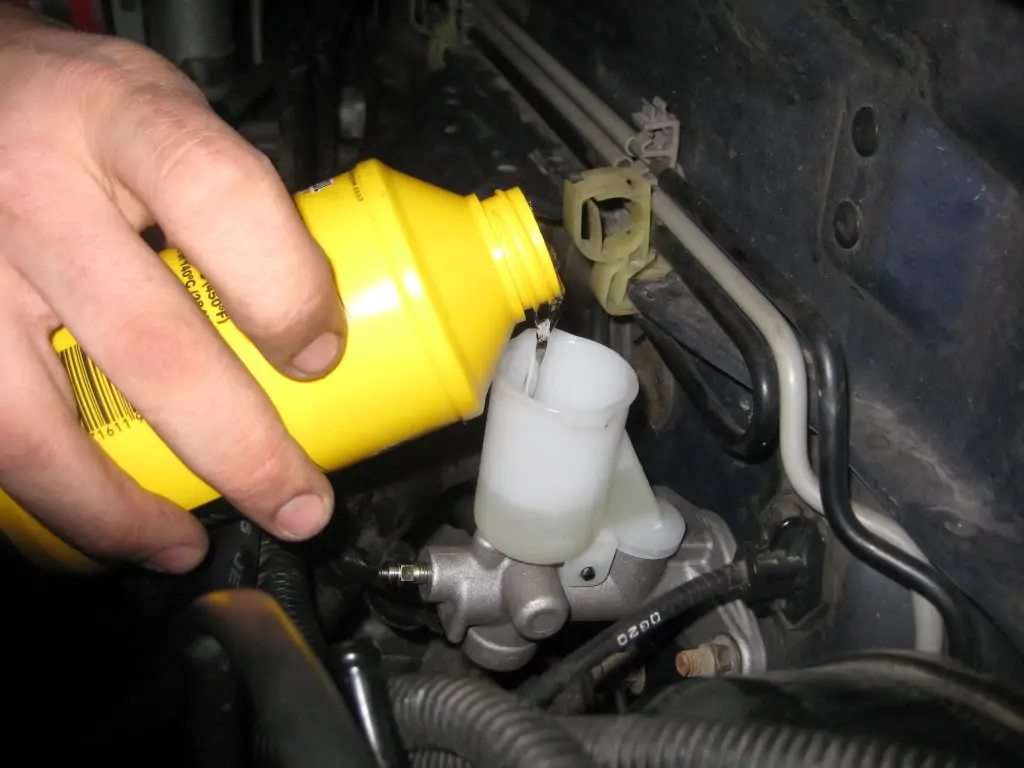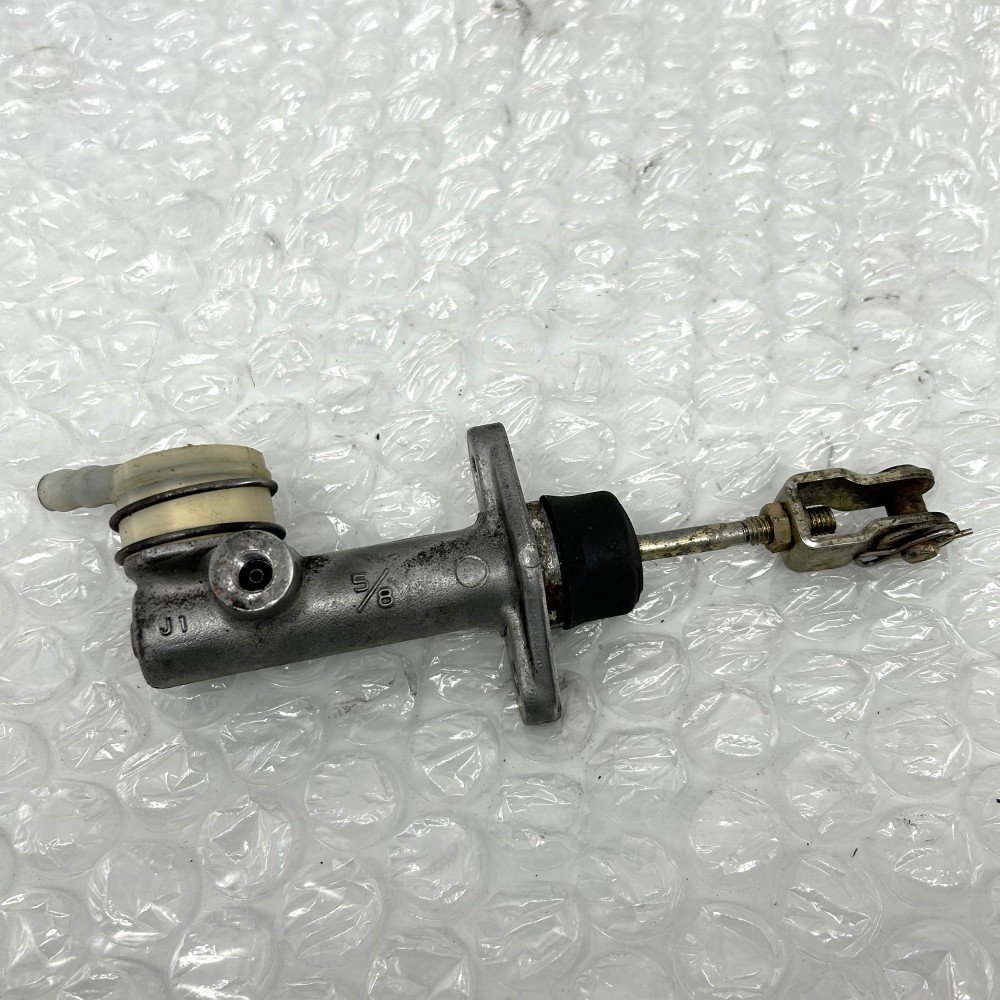The clutch master cylinder is an important part of your vehicle’s clutch system. When it stops functioning properly, you’ll likely struggle with gear shifts, making driving less smooth and more difficult. Understanding what causes clutch master cylinder failure can help you spot the signs early and prevent costly repairs.
What Causes Clutch Master Cylinder Failure?
Clutch master cylinder failure usually happens due to a few common reasons:
Internal Seal Damage

Seals inside the master cylinder wear out over time due to constant pressure and temperature changes, reducing their ability to maintain hydraulic pressure. As they degrade, fluid leaks occur, lowering the pressure needed to engage the clutch. This results in a soft or spongy clutch pedal, making it harder to operate the clutch.
Contaminated or Degraded Fluid

When automotive fluids become contaminated, they can allow rust and corrosion inside the master cylinder, which can wear down other automotive parts. Old fluid also becomes less effective at maintaining the right pressure. This can make your clutch feel off, causing problems like hard shifting or even complete clutch failure. That’s why changing the fluid regularly is so important to keep everything running smoothly.
Excessive Heat and Friction

The clutch system is prone to heat, especially during aggressive driving or heavy use, such as towing or stop-and-go traffic. High temperatures from friction can cause the fluid to break down, reducing its ability to provide the necessary pressure for the clutch to function properly.
In some cases, the heat can cause the fluid to evaporate or boil, leading to a complete loss of hydraulic pressure and a clutch failure.
Vehicle Fluid Leaks

External fluid leaks are one of the most noticeable signs of clutch master cylinder failure. These leaks occur when the seals inside the cylinder wear out or crack. When fluid escapes, it reduces the hydraulic pressure in the system, which can make it hard or even impossible to fully release the clutch. You might notice fluid pooling under the vehicle or a noticeable drop in fluid levels. Even a small gasoline leak can lead to big problems if you don’t take care of it soon, so it’s important to check for gasoline leaks regularly.
Incorrect or Poor-Quality Fluid

Using the wrong kind of fluid or fluid that’s low in quality can speed up the wear on the clutch master cylinder. Over time, this can lead to faster deterioration of seals and other components, affecting the overall performance of the system. Some vehicles require specific types of hydraulic fluid designed to handle high temperatures or to prevent corrosion.
If the wrong fluid is used, it may not provide the necessary protection for the seals or other internal components. Low-quality fluids can break down faster and fail to maintain the hydraulic pressure needed for smooth clutch operation. Always follow the manufacturer’s recommendations for the correct fluid type and quality.
Normal Wear and Tear

Like any other component in a vehicle, the clutch master cylinder is subject to natural wear and tear. Over time, rubber seals, diaphragms, and other parts inside the master cylinder degrade due to constant use.
This wear often happens gradually, so you might not notice it right away. However, over time, it can lead to the cylinder becoming less effective. Regular maintenance of your vehicle’s clutch components, including inspection and replacement of seals and lubricants, will help extend the life of your master cylinder.
Early Symptoms of a Failing Clutch Master Cylinder

If the clutch master cylinder is starting to fail, you’ll likely notice a few key symptoms:
- Soft or Spongy Pedal: If your clutch pedal feels softer than usual or sinks to the floor, it’s usually because of a low hydraulic fluid level or a sign of air in the hydraulic lines. This is often caused by a master cylinder failure.
- Difficulty Shifting Gears: If shifting gears becomes tough, especially under load, it might indicate a problem with the clutch master cylinder. The hydraulic pressure may be insufficient to disengage the clutch fully.
- Unusual Noises: Grinding or other strange noises when engaging the clutch can be caused by a faulty master cylinder. These sounds often mean that the cylinder isn’t releasing the clutch properly.
Clutch master cylinder failure doesn’t have to be a major problem if caught early. Staying on top of routine maintenance and fixing any issues as soon as they arise is crucial to prevent bigger problems later. Keep an eye out for warning signs like a soft pedal or trouble shifting, and take action before a small problem turns into a big one.


